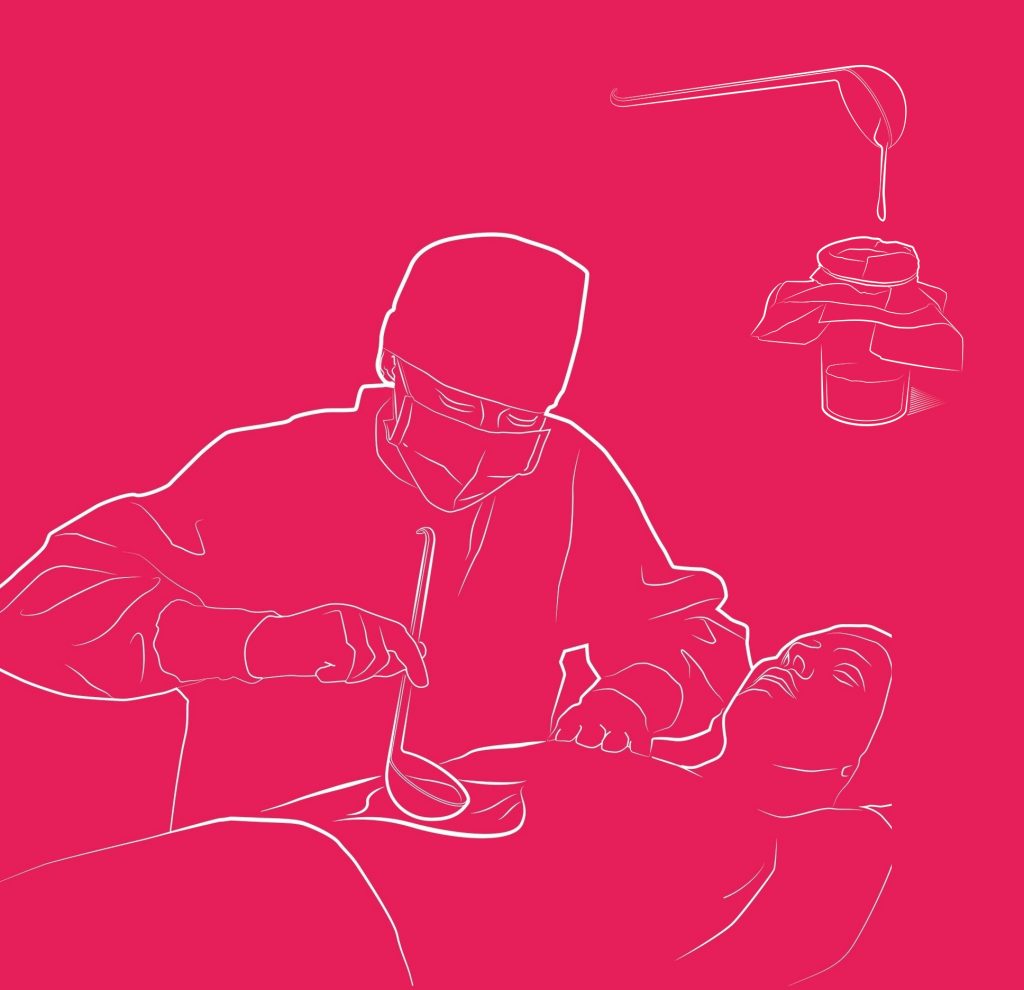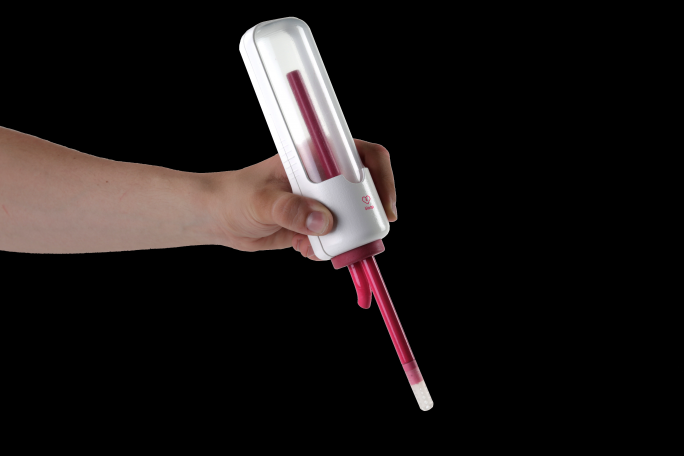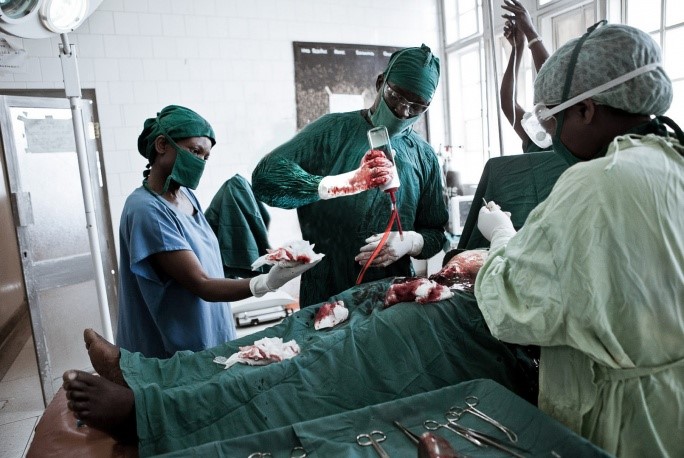Every year 40 million people worldwide cannot undergo surgery due to a lack of blood reserves, and 1.2 million die of major bleeding, including thousands of women suffering complications as a result of childbirth.
When a safe unit of blood costs up to £170 to produce, requires refrigerated storage and transport, this is a real barrier to safe and effective medical care.
Surgeons without access to blood banks are often forced to resort to the ‘soup ladle technique’, scooping up blood spilled during a surgery and filtering it through gauze into a jar before returning it to the patient. This method is both impractical and dangerous.

So how can we solve this? Bloop, short for Blood Loop, is an innovative technology developed by David Wojcik that can recycle a patient’s own blood.
A simple autotransfusion system designed for developing countries, Bloop costs less than £8 to produce and can be sterilised and reused. In sub-Saharan Africa alone, there are over 70,000 medical facilities that could benefit from its use.

Bloop’s siphoning technology uses a pressure gradient across the device to salvage and filter leaking blood, collecting it in a blood bag ready for instant reuse. This means it requires no power source, making it ideal for developing countries, remote regions, and war zones.
Handheld, portable and operable by one person, Bloop can filter half a litre of blood in just 20 seconds, allowing for immediate transfusion. In addition to reducing the need for blood banks, it would be of particular benefit to those with rare blood types.

There are currently no comparable devices. With more funding, Bloop could be extended to a higher-end (yet comparatively low-cost) version to also benefit developed countries.
Wojcik hopes to start producing and distributing Bloop by the end of 2018. His ultimate goal? To end the continuation of unsafe transfusion methods, saving both lives and money.
Bloop will be on display in the Tomorrow’s World gallery until May 2018. Visit our website to find out what else is currently on display.